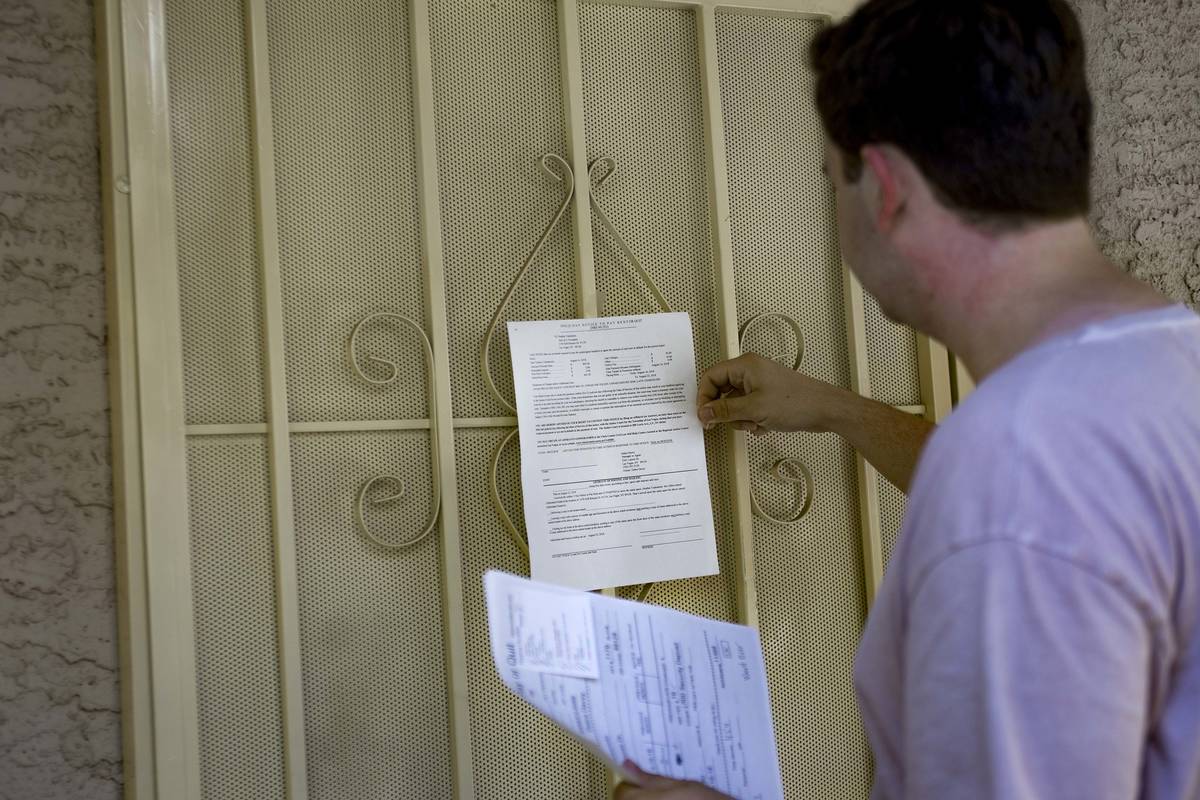EDITORIAL: CDC’s eviction moratorium on shaky legal ground
Three months ago, the Centers for Disease Control and Prevention issued a national order that banned certain residential evictions until the end of this year. The move was intended to keep renters in their homes during the coronavirus pandemic.
Americans have accepted various government orders intended to limit the spread of the virus or mitigate its fallout. But organizations representing the housing industry pose a legitimate question: On what legal grounds — even during a pandemic — can federal health officials order property owners to allow tenants to live rent free?
The CDC claims a nebulous connection between protecting the public health and the physical and psychological consequences of losing one’s home. But under that logic, the agency would enjoy virtually unlimited authority to issue mandates on a host of other issues. How about a ban on gun sales?
The CDC “has not identified any act of Congress that confers upon it the power to halt evictions or pre-empt state landlord-tenant law,” argues a federal lawsuit by the New Civil Liberties Alliance, one of at least a half dozen entitites challenging the moratorium. “Agencies have no inherent power to make law, and nothing in the relevant statutes or regulations gives CDC the power or authority to issue an eviction-moratorium order,” the group maintains.
The CDC’s order is not all-encompassing and requires tenants who have dire hardships to sign a document stating such and provide it to their landlord. There are also income limits for participants. As such, it hasn’t stopped evictions.
In Clark County, for instance, many property management firms and apartment owners have continued to serve eviction notices to delinquent tenants, particularly those they believe may be taking advantage of the virus to avoid paying rent. “Our members are primarily filing on residents who refused to communicate,” said Susy Vasquez, executive director of the Nevada State Apartment Association, “or were not impacted by the pandemic and refused to pay rent or make payment arrangements.”
Indeed, a national eviction moratorium is a one-size-fits-all order that shifts the economic burden rather than addressing it. Not every landlord is a multimillion-dollar conglomerate. Many are mom-and-pop outfits that operate on small margins and will continue to have various financial obligations related to the properties they own.
If Congress wants to create a pandemic relief fund for stressed renters — much like the small-business money it appropriated — fine. In addition, encouraging landlords to work with struggling tenants is in the best interest of all involved. But allowing an agency charged with protecting Americans from health threats to unilaterally broaden its power to claim jurisdiction over the nation’s landlords is a dangerous expansion of the administrative state. And the courts should say so.

















